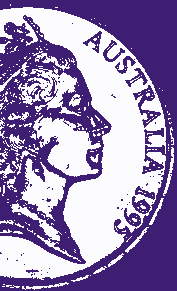RBA holding firm
 The Reserve Bank will not change monetary policy in the near term, despite several banks expecting at least one interest rate cut this year.
The Reserve Bank will not change monetary policy in the near term, despite several banks expecting at least one interest rate cut this year.
“With monetary policy already providing considerable support to the Australian economy, it is appropriate to maintain the current policy setting while we assess developments,” Reserve Bank of Australia Governor Philip Lowe said on Friday.
“Much will depend on what happens in our labour market.”
There may be a case for a higher interest rate if unemployment dips from its current rate of about 5 per cent, but if unemployment rises, the case for a cut increases.
“We have the flexibility to do this if needed. We are not on a predetermined course,” Dr Lowe told the federal house economics committee in Sydney.
The RBA's cash interest rate has been at the historic low of 1.5 per cent since August 2016.
Westpac predicts the cash interest rate will be cut as many as two times this year by a total of 50 basis point, bringing it down to one per cent.
This expectation is based on growth rate this year of about 2.2 per cent, but the RBA has forecast economic growth of three per cent this year.
“In the broad sweep of our economic history, this is not a bad set of numbers,” Dr Lowe said.
Sluggish growth in the Chinese economy is expected to have an impact too.
“The economy is feeling the effects of the tensions with the United States and the squeezing of finance to the private sector as the authorities seek to rein in non-bank financing,” Dr Lowe said.
The RBA is also looking at household consumption, which accounts for close to 60 per cent of spending in the domestic economy.
“On this front, we are expecting better news ahead, with growth in disposable income forecast to increase,” Dr Lowe said.
He also noted that declining house prices across the country are making things “difficult for some in our community… [but] this adjustment in the housing market is not expected to derail the economy,” Dr Lowe said.







 Print
Print